In Isabel and the Werewolf Beast, Helen Walton weaves a captivating tale of love, sacrifice, and the struggle against fate. Set against the backdrop of a bewitched kingdom, the story revolves around two unlikely protagonists: Isabel, a vampire cursed and imprisoned by an evil warlock, and Dante, a werewolf who finds himself ensnared in her enchanted castle. This novel is a rich tapestry of fantasy elements, emotional depth, and character evolution that will resonate with fans of supernatural romance.
The blurb sets the stage for a classic tale of forbidden love, but Walton elevates this narrative with her intricate world-building and character development. Isabel is not just a damsel in distress; she is a complex character shaped by her circumstances. Imprisoned for what feels like an eternity, her loneliness is palpable, and it is this emotional void that leads her to make the pivotal decision to spare Dante's life. This act of mercy is a significant turning point in the story, showcasing her internal conflict and the depth of her character. As a vampire trained to kill werewolves, her choice to let him live speaks volumes about her desire for connection, even in the face of danger.
Dante, on the other hand, embodies the tortured hero archetype. He loathes the beast he has become, grappling with his identity as a werewolf while simultaneously yearning for Isabel. His internal struggle is beautifully portrayed, as he oscillates between the primal instincts of his wolf and the tender emotions he feels for Isabel. The duality of his character adds layers to the narrative, making him a compelling figure who is both fierce and vulnerable. The dynamic between Isabel and Dante is electric, filled with tension and longing, which keeps readers engaged throughout the story.
One of the most striking themes in the book is the concept of forbidden love. Isabel and Dante's relationship is fraught with danger, not only because of their respective natures but also due to the curse that binds Isabel. Their love story unfolds against a backdrop of societal expectations and personal fears, making their connection all the more poignant. The tension between their instincts and their feelings for each other creates a rich emotional landscape that Walton navigates with skill.
Walton's writing style is both lyrical and accessible, drawing readers into the enchanting world she has created. The vivid descriptions of the enchanted castle and the surrounding kingdom immerse readers in the setting, making it feel alive and tangible. The pacing of the story is well-balanced, with moments of tension interspersed with quieter, more introspective scenes that allow for character reflection and growth. This balance keeps the narrative engaging and ensures that readers remain invested in the characters' journeys.
Another notable aspect of the novel is its exploration of identity and acceptance. Both Isabel and Dante struggle with their identities—Isabel as a vampire who has been trained to kill werewolves, and Dante as a werewolf who despises the beast within him. Their journey towards self-acceptance is beautifully intertwined with their growing affection for each other. As they face external threats together, they also confront their internal demons, leading to significant character growth. This theme of self-discovery resonates deeply, making their eventual acceptance of each other—and themselves—feel earned and satisfying.
Moreover, the supporting characters add depth to the story. The evil warlock serves as a formidable antagonist, embodying the external forces that threaten Isabel and Dante's love. His presence amplifies the stakes, creating a palpable sense of urgency that propels the narrative forward. Additionally, the interactions between Isabel and her surroundings, including her prized library, highlight her intelligence and passion for knowledge, further enriching her character.
In terms of comparisons, Isabel and the Werewolf Beast can be likened to other works in the supernatural romance genre, such as Twilight by Stephenie Meyer or A Court of Thorns and Roses by Sarah J. Maas. However, Walton's novel stands out due to its unique premise and the depth of its characters. While both Meyer and Maas explore themes of love across species, Walton delves deeper into the psychological struggles of her characters, making their journey more relatable and impactful.
Overall, Isabel and the Werewolf Beast is a beautifully crafted tale that explores the complexities of love, identity, and the fight against fate. Helen Walton has created a world that is both enchanting and fraught with danger, populated by characters that are richly developed and deeply relatable. The emotional stakes are high, and the resolution is both satisfying and thought-provoking. This novel is a must-read for fans of fantasy romance, offering a fresh take on the classic tropes of the genre while delivering a powerful message about love's ability to transcend boundaries.
In conclusion, if you are looking for a story that combines elements of magic, romance, and personal growth, Isabel and the Werewolf Beast is a compelling choice that will leave you eagerly turning the pages. Helen Walton has crafted a narrative that is not only entertaining but also resonates on a deeper level, making it a standout addition to the realm of supernatural literature.
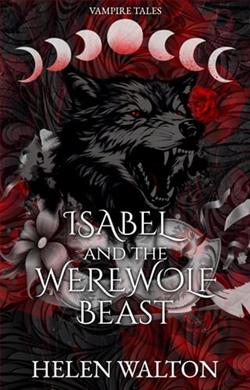



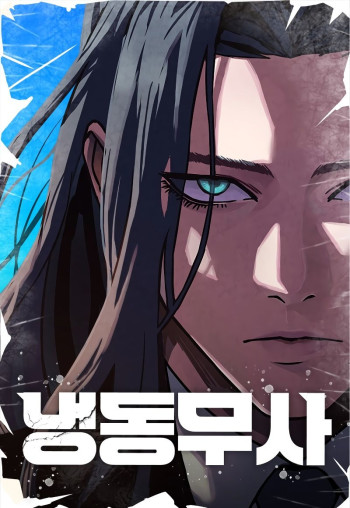
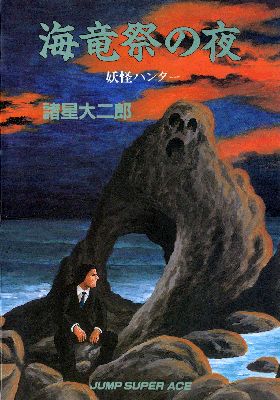


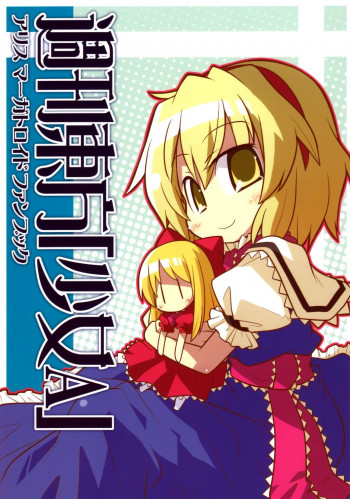


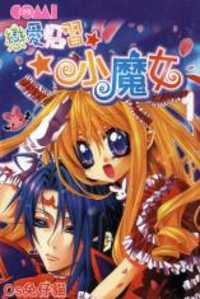












Reviews 0
Post a Reviews: